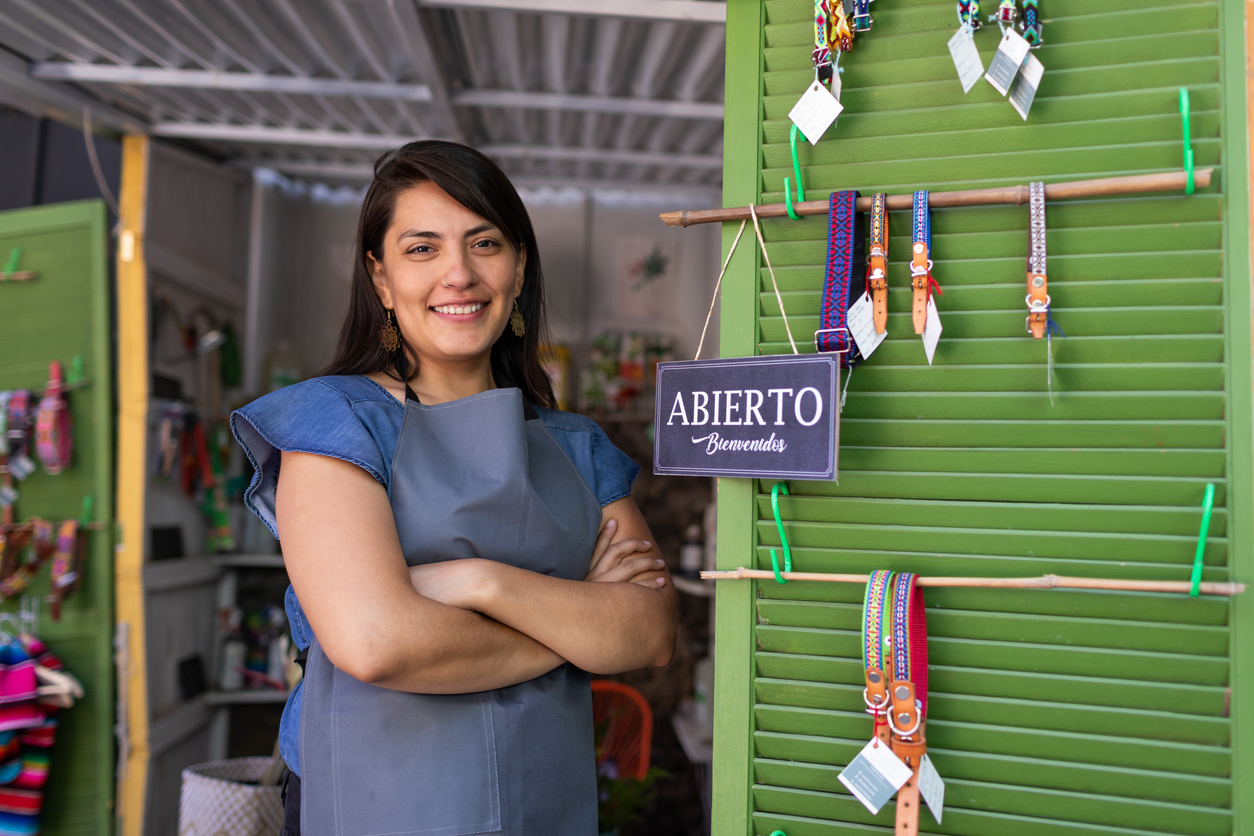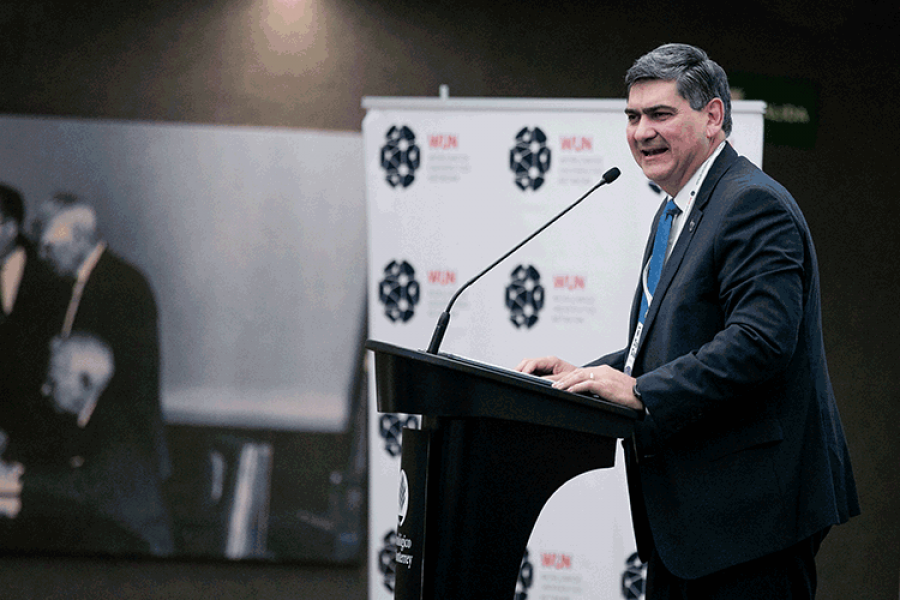In Latin America and the Caribbean, there is a population of entrepreneurs considered seniors, given they are over 50 years of age, who are creating businesses out of necessity rather than opportunity, according to professor and winner of the Romulo Garza 2023 Award, José Amorós.
The associate dean of faculty at EGADE Business School believes that, although entrepreneurship for older Latin American citizens may seem difficult, it is a task that concerns the entire ecosystem and population, regardless of age.
With his study, in which he collected data from more than 15,000 people, Necessity or Opportunity? The Effects of State Fragility and Economic Development on Entrepreneurial Efforts, Amorós concludes that the fragility of governments in the region is what leads to the increase of older entrepreneurs out of necessity.
The academic, however, does not rule out that older entrepreneurs may have successful and innovative projects.
Although the overview in the entrepreneurial ecosystems (EE) of each country and their link with governmental support are a key factor and, therefore, a focal point of the discussion, senior entrepreneurship in developing countries also relies upon these entrepreneurs’ adaptability.
The researcher highlights the need for public policy initiatives to improve the entrepreneurial activity of this segment within the region, particularly in terms of implementing programs that enable new opportunities together with the involvement of the civil population.
“It is essential to evaluate the specific contexts in which these entrepreneurs operate, and to understand the political, economic and social dynamics of each country or region,” says Amorós in an interview with TecScience.
Entrepreneurship Has No Age Limit
Amorós challenges the preconceptions we have regarding younger entrepreneurs by assigning them inherent skills such as identifying opportunities, innovative businesses or facing challenges with determination.
That being said, the capacity for entrepreneurship is not directly linked to any starting age, the researcher clarifies, but is defined by the willingness to understand the ecosystem in which they are getting involved in and feeding it with a greater diversity of expertise.
The population over 50 years of age that remains economically active is important due to the rapid demographic aging. In this regard, Amorós points to the Caribbean, where the demographic pyramid has been completely inverted.
If the senior population assists new entrepreneurs, a greater diversity of experiences and perspectives can be envisioned to enrich the entrepreneurial ecosystem.
For the academic, this approach fosters creativity and resilience at all stages of entrepreneurship.
“I believe that entrepreneurship has no age; no one is born an entrepreneur. There are circumstances in our context and stage of life that will help out, of course, but there are processes only learnt and developed through experience”, explains Amorós.
Networking and Looking For Opportunities, It’s Not ‘Luck’
Entrepreneurship is not about luck, but instead a complex process that requires strategic planning, dedication and commitment to actively seek opportunities, clarifies Amorós.
Cases in which entrepreneurial success seem fortuitous from the outside, particularly when talking about the stories of young entrepreneurs, are not what hey seem to be. Therefore, the real advice that a senior entrepreneur can follow is to stay within the ecosystem of opportunities.
Amorós advises seniors to keep looking out for ventures, as well as potential partnerships with entrepreneurs in different areas.
Networking and connections play a crucial role in entrepreneurial success since they’re the opposite of “serendipitous connections”, they’re active networks where they can find mentorship, financial support, strategic partnerships and growth opportunities.
These strong, collaborative relationships are the result of years of hard work, relationship building and commitment to excellence, rather than happenstances or lucky breaks.
“We have to demystify this idea on being the lone entrepreneur, as we are rather talking about a group of like minded entrepreneurs pursuing the same goal,” says Amorós.
How Can Entrepreneurs Remain Competitive?
Considering that entrepreneurship is a long-term learning process, adaptability in the face of inevitable change is a vital element in maintaining competitiveness.
In the case of senior entrepreneurship, long-term education plays an elemental role in preparing individuals regardless of whether their college journey is over or not.
From micro accreditations to short university degree programs, lifelong learning is an essential tool for staying sharp in environments that constantly require new skills and specializations.
“The opportunities are always going to be there, we are the ones who have to keep adapting to the context and the environment,” Amorós concludes.


















